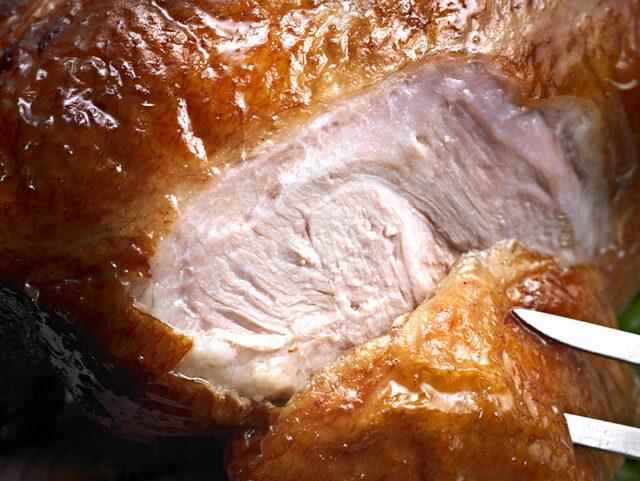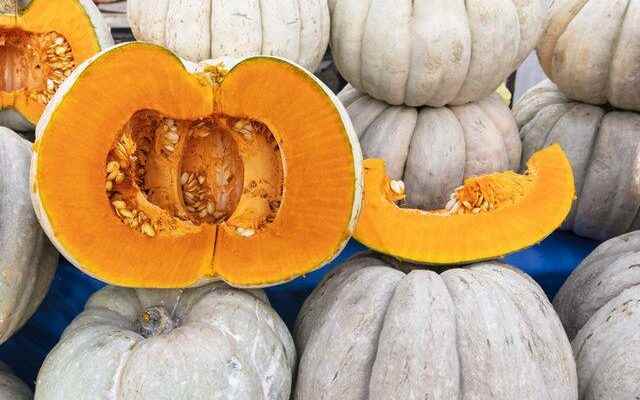Cancer risk is both genetic and environmental. As it is known, there is no sure way to prevent cancer. However, avoiding negative habits and foods that can cause cancer risk and focusing on a healthy lifestyle protect the body. The study concluded that quitting harmful habits reduces the risk of disease. In order to prevent negative situations, it is recommended to stay away from radiation and to exercise regularly. On the other hand, you can have a healthier life by choosing healthy foods. Here are those foods…
Pumpkin
Pumpkin contains a substance called beta-cryptoxanthin, which reduces the risk of cancer. Pumpkin is estimated to reduce the risk of cancer by 15 to 40 percent. Beta-cryptoxanthin is also found in dates, tangerines, paprika, cayenne pepper and chili powder.
APPLE
Studies have concluded that flavonoid consumption reduces lung cancer. An increase in the intake of 20 milligrams of flavonoids per day can reduce the incidence of lung cancer by 10 percent. The dark green apple peel has the highest concentration of flavonoids. The more flavonoids you consume, the lower your risk of developing lung cancer will be.
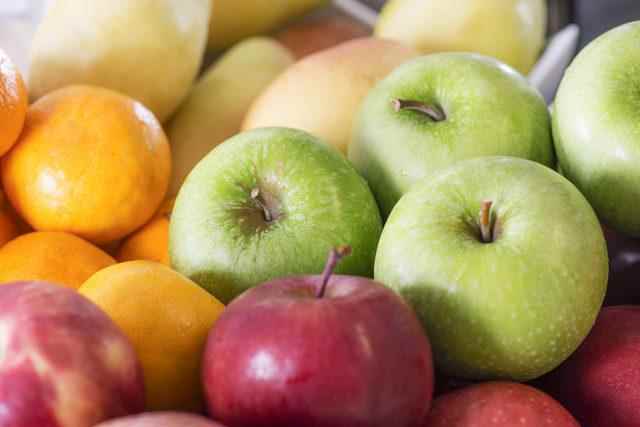
GARLIC
Garlic, which is an effective nutrient in protecting against cancer, prevents the growth of cancer cells by increasing the activity of natural killer cells and macrophages, white blood cell types that are important for immunity. As a result of a study, it was concluded that those who consumed two or more raw garlic per week had a 44 percent reduced risk of developing lung cancer.
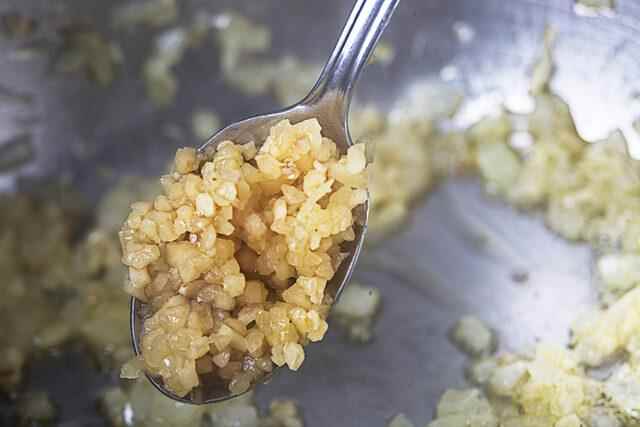
ONION
Onions are known to scientists as interfering with the development of cancer cells and
one of the vegetables investigated for its antioxidant properties… It was concluded that excessive consumption of onions reduces the risk of lung cancer.
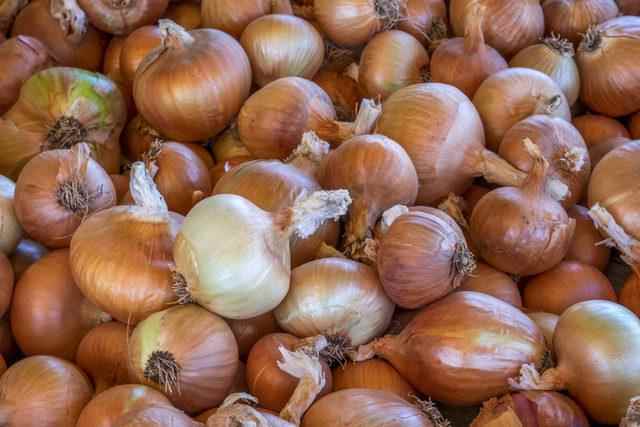
BROCCOLI
Fighting against the effects of environmental carcinogens, broccoli reduces the occurrence of lung cancer. Among smokers at high risk of developing lung cancer, cruciferous vegetables can reduce the chances of lung cancer by 32 percent to 55 percent, depending on the amount consumed regularly.
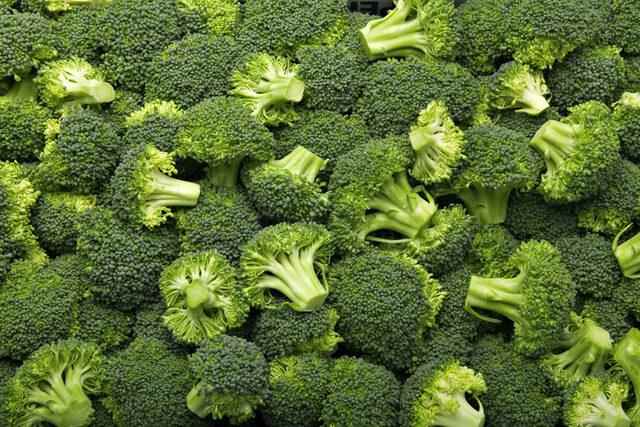
RED PEPPER
A phytochemical called capsaicin is found in paprika and red bell pepper. Capsaicin was found to suppress lung cancer development in Swiss mice after exposure to a carcinogen.
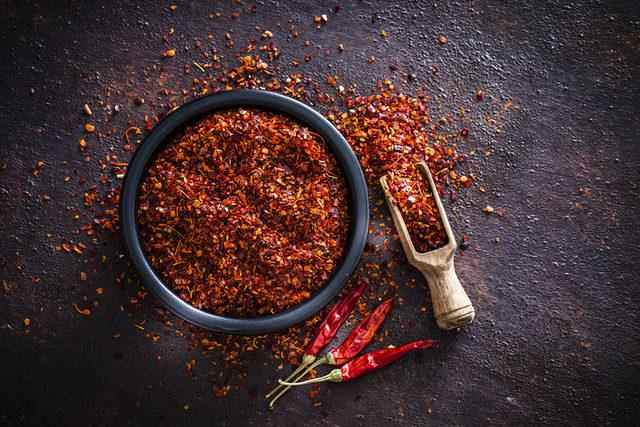
SPINACH
It has been learned that spinach and other green leafy vegetables, which are rich in vitamin C, carotenoids, lutein, folic acid, vitamin A and vitamin K, reduce the risk of lung cancer.
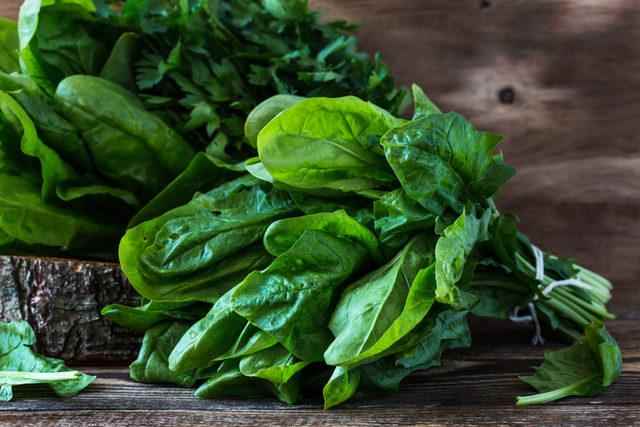
CHICKEN
Processed meats have many negative effects on the human body. Processed meats increase the risk of cancer. It is recommended to consume chicken and meat, which are the best protein sources, in the most natural way.
